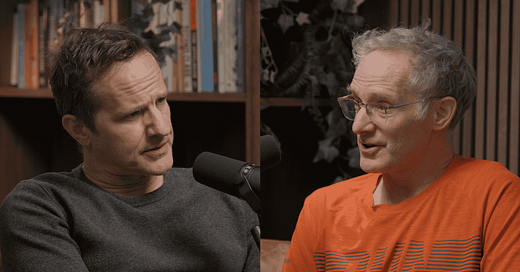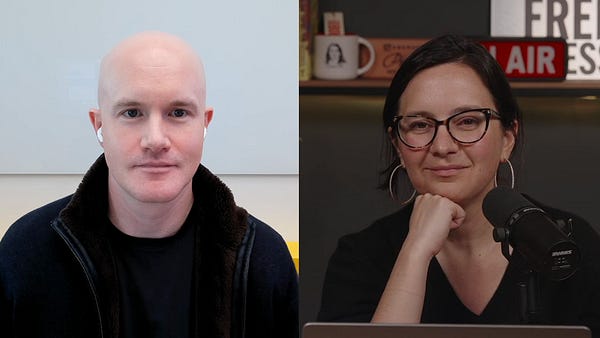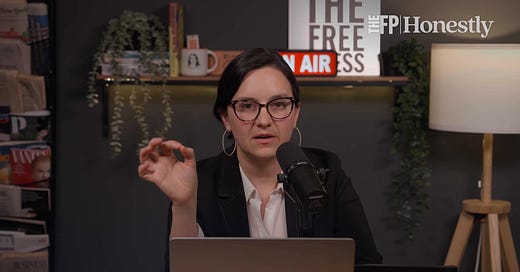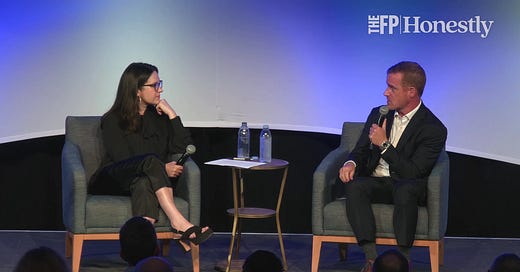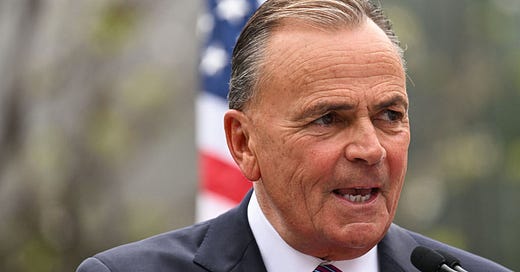
Last week marked a historic turning point in Syria. Rebel forces seized control of the nation, toppling the regime of Bashar al-Assad and ending his family’s brutal 50-year stranglehold on power.
For decades, the Assad dynasty ruled through unimaginable violence—launching chemical attacks on civilians, silencing dissent with mass imprisonment and torture, and presiding over a civil war that killed an estimated 600,000 people and drove 13 million into exile.
In cities across the world, jubilant Syrians have celebrated the regime’s downfall, having deemed it to be one of the world’s most oppressive dictatorships.
But not everyone is celebrating. Or at least, some people are saying there is reason for caution.
That’s because the coalition of rebel forces taking control of Syria now is led by Hayat Tahrir al-Sham, or HTS, a militant Islamist organization that originated as an offshoot of al-Qaeda. Its leader is a Saudi-born Syrian who calls himself Abu Mohammad al-Jolani. A 21-year-old al-Jolani left Syria for Iraq in 2003 to join al-Qaeda and fight against America. There, he was captured by the U.S. and put into Camp Bucca, which housed some of the most notorious al-Qaeda prisoners.
But since emerging on the world stage in the last week, al-Jolani has indicated that he is a reformed man, leading a moderated organization. He insists his al-Qaeda days and their methods—the detentions and torture and forced conversions—are over, and HTS is not going to persecute religious and ethnic minorities. But is it true?
Few people in the West might know that answer as well as journalist Theo Padnos. In October 2012, Padnos ventured from Turkey into Syria to report on the Syrian civil war. There, he was captured by HTS (then known as Jabhat al-Nusra) and held captive for nearly two years.
Throughout his captivity, Padnos endured relentless torture at the hands of his captors. He was savagely beaten until unconscious, given electric shocks, and forced into severe stress positions for hours at a time. This is to say nothing of the psychological torment inflicted on him.
Today, he discusses his harrowing experience, the psychology of jihadists, and what the future of Syria will look like under the leadership of his former captors.
Watch the interview here:
You can also click below to listen to the podcast, or scroll down for an edited transcript of our conversation.
Michael Moynihan: You were a captive of Jabhat al-Nusra [today known as Hayat Tahrir al-Sham, or HTS, a militant Islamist organization that originated as an offshoot of al-Qaeda], and you were released in 2014. So the people who are doing the liberating of Syria are the same people that held you captive.
Theo Padnos: Yes, I see them on TV.
MM: You’ve actually seen on video people in Damascus who are now in control of Syria that held you and tortured you?
TP: Yes. The people who are in charge of the nation right now—when I knew them, they were terrorists and sadists. Now they’ve rebranded. They’re comporting themselves relatively decently at the moment. But they’re taking prisoners now, as we can see across Twitter, on video. They take the enemies of God, and they put them in jail. And most of them they’re going to kill, because they believe a lot of their enemies are beyond redemption.
On getting captured in 2012:
MM: You’re on the border of Turkey, trying to get into Syria at pretty much the beginning of the civil war. And you get across the border. Tell me what happens when you get into Syria.
TP: I met some people in Turkey, and they said, “Listen, we are fixers for journalists.” I eventually made friends with these guys on Facebook.
MM: Did you know their affiliation?
TP: No. They did not say, “By the way, we’re from the al-Qaeda system.” But they were journalists for Jabhat al-Nusra. They were doing the promotion for Jabhat al-Nusra.
When we crossed the border, we slept in an abandoned house. They set up a scenario with cameras and microphones, and they’re like, let’s do an interview. And in the midst of this interview they came over and jumped on me and started kicking me, and then they put a gun in my face. And during that assault, they handcuffed my hands behind my back. Later, when I regained consciousness, my face was covered in blood. The guy was pointing a gun at me, and he goes, “You’re our prisoner now.” And they said, “We belong to the al-Qaeda organization, and you killed our sheikh Osama bin Laden, and furthermore, you people are imperialists.”
I slept in the same bed with the chief kidnapper. He handcuffed me to his wrist. And in the morning when they wake up for the dawn prayer, I go, “Hey man, this handcuff is, like, a little tight on my wrist. Can you just loosen it up?” He goes, “No problem.” He loosened it up a little bit, went back to sleep. And as he was sleeping, I pulled my hand out of the handcuffs, and then I was free. I was lying next to this terrorist, and there was a terrorist in another room, and they all had guns. So I stood up, and I walked very carefully to the door, opened the door, and I ran out into the street like a madman. I had never been so frightened in my life.

